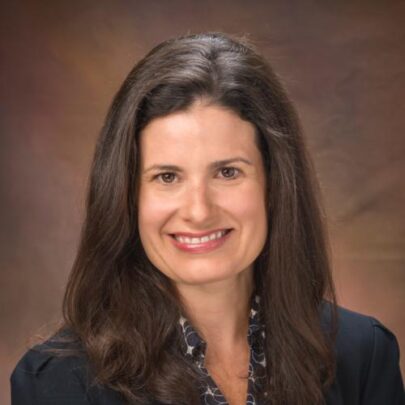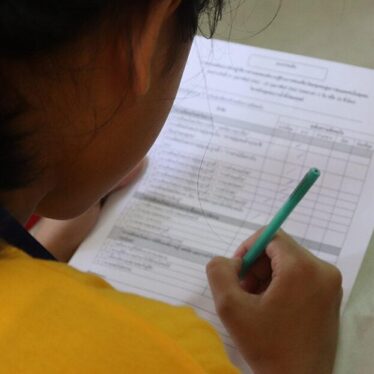Lisa A. Schwartz
Faculty PhD Psychologist, Div. of Oncology & Childhood Cancer Survivorship Program, CHOP LinkedIn of Lisa A. Schwartz
Associate Professor of Pediatrics, Perelman School of Medicine at the University of Pennsylvania
Lisa A. Schwartz, PhD, is an Innovation Faculty member at the Penn Center for Cancer Care Innovation (PC3I), a core faculty member at the Center for Childhood Cancer Research and Center for Pediatric Clinical Effectiveness (CPCE) at the Children’s Hospital of Philadelphia (CHOP), an attending psychologist in the Division of Oncology and the psychologist for the Childhood Cancer Survivorship Program at CHOP, and an associate professor of clinical psychology in Pediatrics at the Perelman School of Medicine at the University of Pennsylvania. She is also the co-Director and co-Founder of CHOP’s mHealth Research Affinity Group of the Research Institute, which provides a forum for educational and networking opportunities to enhance knowledge of mHealth and develop potential collaborations both at CHOP and other local institutions.
Her research mostly focuses on self-management of adolescents and young adults (AYA) impacted by cancer (on treatment, survivors, and those with genetic cancer predisposition). The overarching goal of Dr. Schwartz’s research is to facilitate the health and well-being of such AYA impacted by cancer, leveraging the cancer experience as a teachable moment to empower optimal health practices. Her work has included developing assessment tools to capture the impact of childhood cancer that generic measures have failed to do, development and testing of interventions to enhance self-management using mobile health and care plans, and conducting longitudinal studies on self-management and adjustment. A particular area of interest and expertise is healthcare utilization and transition to adult follow-up care for AYA cancer survivors. Dr. Schwartz developed the Social-ecological Model of AYA Readiness to Transition (SMART) to provide a framework for research on transition readiness and program development that has been applied to many disease populations beyond cancer. She is also committed to reducing health disparities by studying best practices for keeping AYA engaged in follow-up care.
Lisa’s Work
REACH: Reengaging Adolescent and Young Adult Survivors in Cancer-Related Healthcare
- Behavior Change
- Clinical Transformation

Self-Management of Adolescent and Young Adult Survivors of Childhood Cancer
- Behavior Change
- Clinical Transformation

Empowering Pediatric Patients through Patient-Reported Symptom Monitoring
- Clinical Transformation
